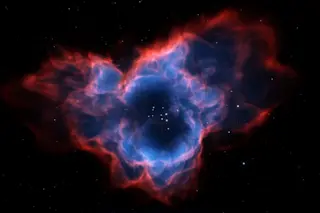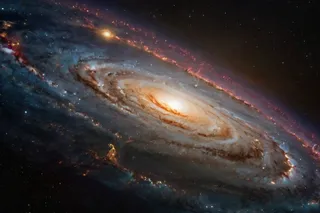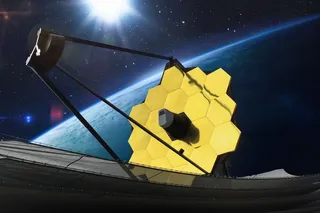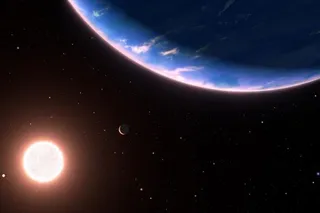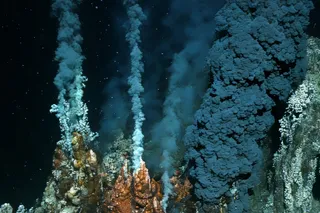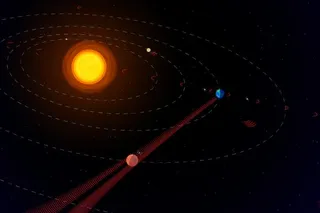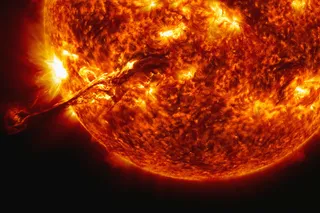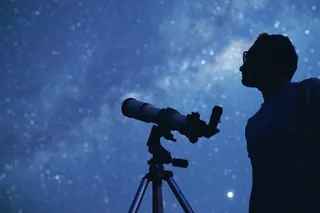Astronomers have discovered a massive molecular cloud that is also a huge possible star producer — of the celestial sort.
The cloud has been hiding in plain sight. Astronomers just needed the right tools to see one of the largest single structures in the sky and among the closest to the sun and Earth ever to be detected. By using a new technique, they detected the cloud's key component — molecular hydrogen, the scientists report in Nature Astronomy.
“The data showed glowing hydrogen molecules detected via fluorescence in the far ultraviolet,” Blakesley Burkhart, an astronomer at Rutgers University and an author of the paper, said in a press release. “This cloud is literally glowing in the dark.”
Hydrogen constitutes the most common element in molecular clouds, which primarily consist of gas and dust. That molecule is a necessary building block for stars, planets — and life. However, such clouds are ...


